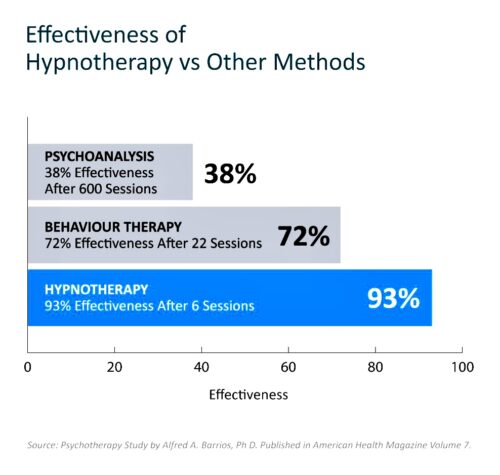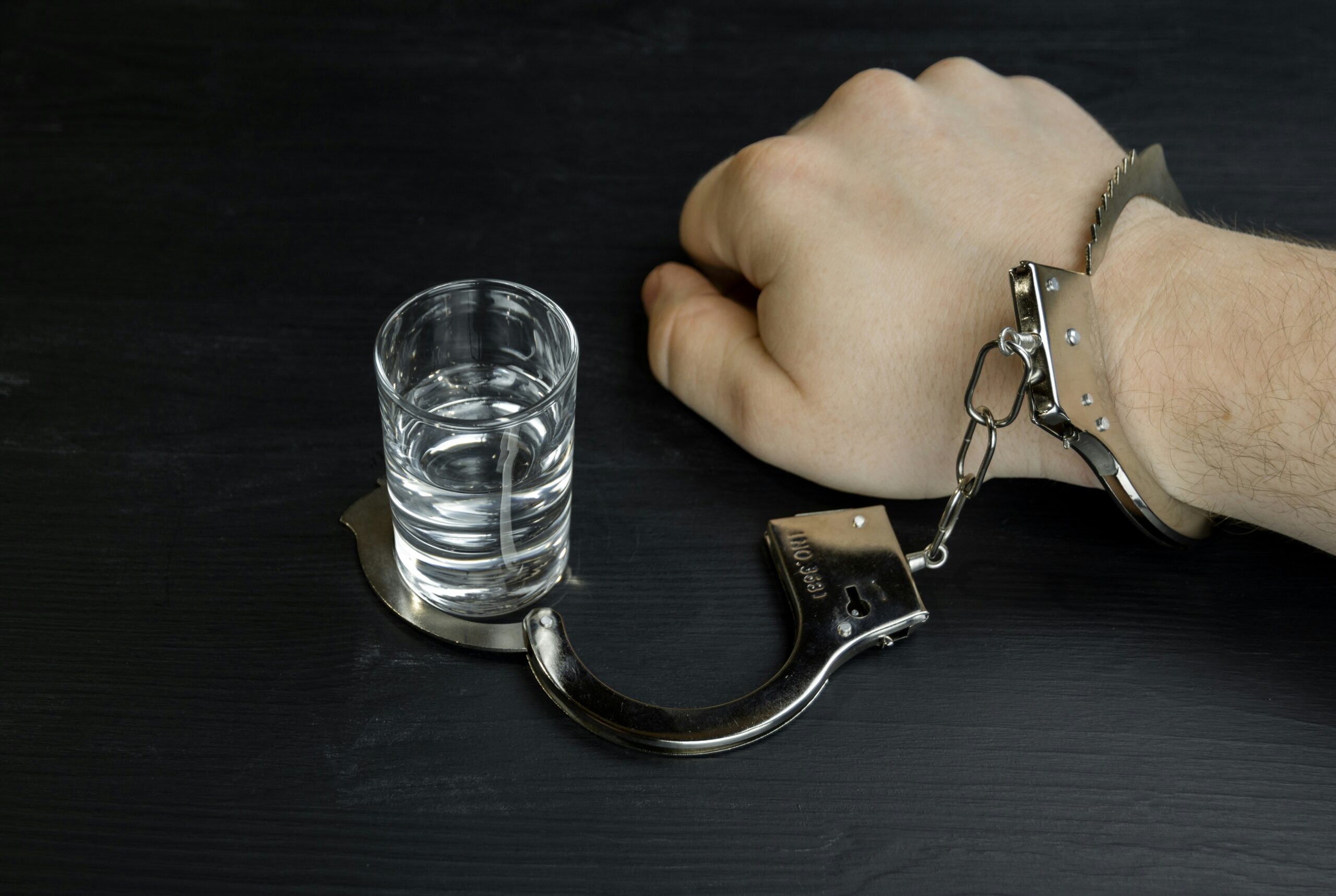Start Living without Alcohol Addiction
Alcohol addiction, also known as Alcohol Use Disorder (AUD), is a serious medical condition characterized by an overwhelming compulsion to consume alcohol. Individuals struggling with this disorder often find themselves losing control over their drinking habits and continue to drink even when faced with negative consequences affecting their health, relationships, and responsibilities.
Key Features of Alcohol Addiction:
- Craving: A powerful urge or desire to drink.
- Loss of Control: The inability to stop drinking once begun or to limit alcohol consumption.
- Physical Dependence: Experiencing withdrawal symptoms such as shaking, sweating, nausea, or anxiety when not consuming alcohol.
- Tolerance: Needing to increase the amount of alcohol consumed over time to achieve the same effects.
- Neglecting Responsibilities: Failing to fulfill work, school, or family obligations due to drinking.
- Continued Use Despite Harm: Persisting in drinking even when it leads to physical, emotional, or social problems.
How Alcohol Addiction Affects Individuals:
- Physically: It can lead to liver damage, heart issues, digestive problems, an increased risk of cancer, and a weakened immune system.
- Mentally: Those affected may experience depression, anxiety, memory issues, and changes in brain function.
- Socially: Relationships may become strained; individuals might face isolation and financial difficulties along with legal troubles.

Hello, I’m Mary Galanis
As an accredited Strategic Psychotherapist and Clinical Hypnotherapist, I am dedicated to helping you navigate and overcome life’s challenges with a compassionate and practical approach. I recognize how alcohol addiction can dominate your life, and my goal is to empower you with the effective treatment and tools necessary to break free from these habits and foster lasting change.
My focus is on achieving tangible results through personalized treatment plans that incorporate a variety of proven methods, including Hypnosis, EMDR for trauma, Psychotherapy, and Somatic Healing. Throughout our collaboration, your holistic well-being will always be at the forefront of our efforts.
Clinical Hypnotherapy and Strategic Psychotherapy are recognized by medical professionals as safe and effective strategies for addressing the underlying patterns of harmful behaviors. Together, we will identify and tackle the root causes of your unhealthy habits, helping you regain clarity and purpose while ultimately breaking free for good.
Outside of my practice, I cherish spending time with my two adult daughters, practicing yoga, and unwinding with my two cats. I believe in the importance of continuous growth—both personally and professionally—and I am committed to helping you become a balanced individual who embodies the best version of yourself.
Together, we will create a tailored treatment plan that supports your unique journey towards improved wellness.
Here’s to better and better.
Treating Alcohol Addiction with Hypnotherapy and Psychotherapy
Treating Alcohol Addiction with Hypnotherapy: A Comprehensive Approach
Alcohol addiction, medically referred to as Alcohol Use Disorder (AUD), is a multifaceted and often chronic condition that impacts millions across the globe. Traditionally, recovery has relied on methods such as detoxification, behavioral therapy, support groups, and medication. However, an increasing number of individuals are turning to alternative therapies to enhance these conventional approaches. One notable method gaining traction is hypnotherapy, a therapeutic technique that employs hypnosis to facilitate positive changes in a person's thoughts, feelings, and behaviors.
This article delves into the application of hypnotherapy for treating alcohol addiction, explaining how it functions, its advantages and limitations, as well as the current scientific insights regarding its effectiveness.
Understanding Alcohol Addiction
To appreciate the role of hypnotherapy in treating AUD, it’s essential to grasp the nature of alcohol addiction. This disorder is not merely about lacking willpower or making poor choices; it encompasses both psychological and physical dependence on alcohol. Individuals struggling with AUD may face intense cravings, lose control over their drinking habits, develop tolerance, and experience withdrawal symptoms when they attempt to quit.
Over time, many turn to alcohol as a coping mechanism for stress, trauma, anxiety, or depression. Consequently, effective treatment must address not only the drinking behavior itself but also the underlying psychological triggers that contribute to it.
What Is Hypnotherapy?
Hypnotherapy is a therapeutic technique that harnesses guided relaxation, deep concentration, and focused attention to induce a heightened state of awareness—often referred to as a trance. In this state, individuals become more receptive to suggestion, enabling therapists to engage their subconscious minds in altering harmful thought patterns and behaviors.
It’s important to dispel common misconceptions about hypnosis; it does not equate to mind control. Those under hypnosis remain conscious of their surroundings and maintain control over their actions. Instead, they enter a relaxed mental state that allows therapists to introduce suggestions aimed at fostering meaningful change in their lives.
How Hypnotherapy Supports Recovery from Alcohol Addiction
Hypnotherapy serves as a valuable tool in the journey toward overcoming alcohol addiction. Here are several ways it can assist individuals in their recovery:
1. Uncovering Root Causes
Many individuals turn to alcohol to escape emotional pain or avoid difficult feelings. Hypnotherapy can gently bring repressed emotions and past traumas into the light, enabling people to confront these issues in a safe, supportive setting. By understanding the underlying causes of their addiction, individuals often find it easier to break free from harmful cycles.
2. Transforming Negative Beliefs
Those grappling with addiction frequently harbor limiting beliefs, such as “I can’t cope without alcohol” or “I’m a failure.” Hypnotherapy can help replace these negative thoughts with empowering affirmations like “I am in control” and “I can navigate life without alcohol.”
3. Mitigating Cravings and Triggers
Through post-hypnotic suggestions, hypnotherapists can effectively reduce or even eliminate the desire to drink. For instance, a therapist might suggest that the taste or smell of alcohol becomes unpleasant or that the individual feels calm and composed in situations where they would typically drink.
4. Enhancing Self-Esteem and Motivation
Low self-worth often accompanies addiction, leading to feelings of hopelessness. Hypnotherapy aims to boost self-confidence and motivation, which increases an individual's chances of adhering to a recovery plan and avoiding relapse.
5. Improving Coping Strategies
Many people rely on alcohol as a coping mechanism for stress, anxiety, or social situations. Hypnotherapy introduces healthier coping strategies at the subconscious level, helping individuals feel more resilient and capable of managing life's challenges without resorting to alcohol.
The Advantages of Hypnotherapy for Alcohol Addiction
Hypnotherapy and psychotherapy is a powerful combination; it offers several unique benefits when integrated into broader treatment plans:
Non-invasive and Drug-free: It does not involve medication or physical interventions.
Holistic Approach: It addresses mental, emotional, and behavioral aspects of addiction.
Personalized Sessions: Each session can be tailored to meet individual experiences and triggers.
Supportive of Other Therapies: It complements psychotherapy, counseling, and support groups like Alcoholics Anonymous (AA).
Promotes Relaxation: The hypnotic state fosters deep relaxation, which aids in reducing anxiety and improving sleep—two significant challenges during recovery.
Scientific Evidence: Research Indicates that Hypnotherapy is commonly used for various issues such as smoking cessation and anxiety management, its role in treating alcohol addiction indicates high potential effectiveness:
A 2014 review published in the International Journal of Clinical and Experimental Hypnosis indicated that hypnotherapy is beneficial when included in comprehensive treatment strategies for addiction.
Research highlights that guided imagery and relaxation techniques—central components of hypnotherapy—can alleviate stress and cravings among those with substance use disorders.
A noteworthy case study featured in the American Journal of Clinical Hypnosis documented how hypnotherapy successfully helped an individual abstain from alcohol after years of heavy drinking.
Experts generally agree that it functions best as a complementary approach with psychotherapy.
What to Expect During a Typical Hypnotherapy Session
A qualified hypnotherapist will usually start by assessing your drinking habits, emotional triggers, and treatment goals. In a calm and private environment, they will guide you into a relaxed state using visualization techniques. Once you reach this focused state, the therapist may provide suggestions aimed at helping you:
- Disassociate from alcohol
- Resist cravings
- Feel confident and empowered
- Envision a life free from addiction
After gently bringing you out of hypnosis, your therapist will encourage reflection on your experience. Many also teach self-hypnosis techniques so you can continue your progress independently between sessions.
Conclusion
Alcohol addiction presents complex challenges; however, recovery is achievable—and hypnotherapy with psychotherapy can play an important role along this path. By engaging with the subconscious mind through hypnotherapy, individuals can uncover emotional roots behind their behaviors while transforming limiting beliefs into healthier patterns of thought and action.
Hypnotherapy serves as an effective holistic complement to traditional treatments for addiction. For those seeking personalized insights on their journey toward recovery, it may provide the necessary shift in perspective needed to break free from alcohol's hold.

Success Stories
Mary was recommended for my excessive drinking. She is knowledgeable and able to teach me new ways of thinking. She changed my mindset.
My drinking nearly ruined my life. And now I have the ability to re-start again. The constant guilt of drinking in secret and whatever chance I could get was so overwhelming. I am so glad to be free again. Mary is compassionate and caring.



